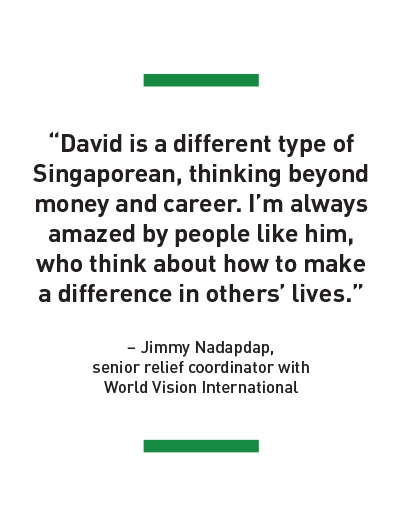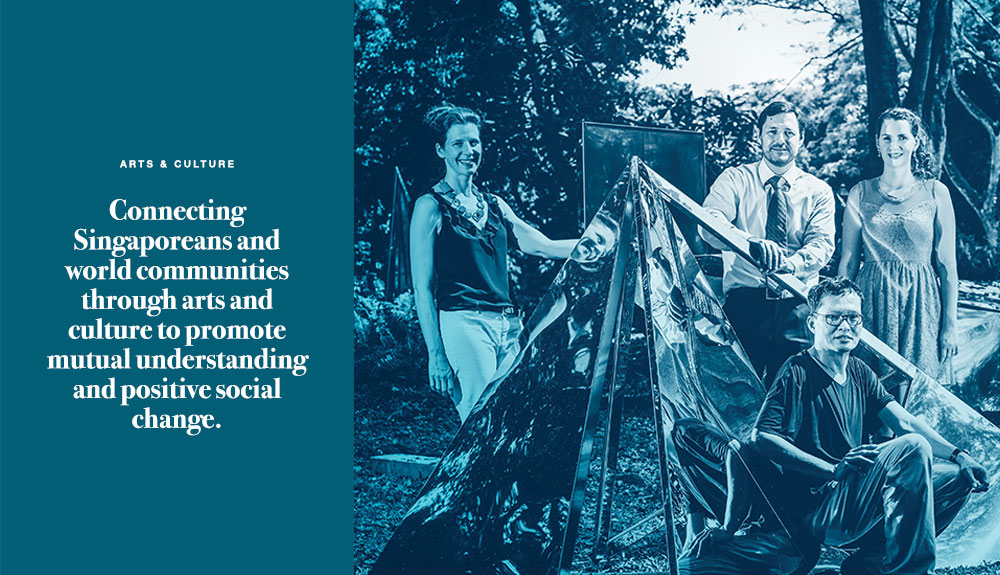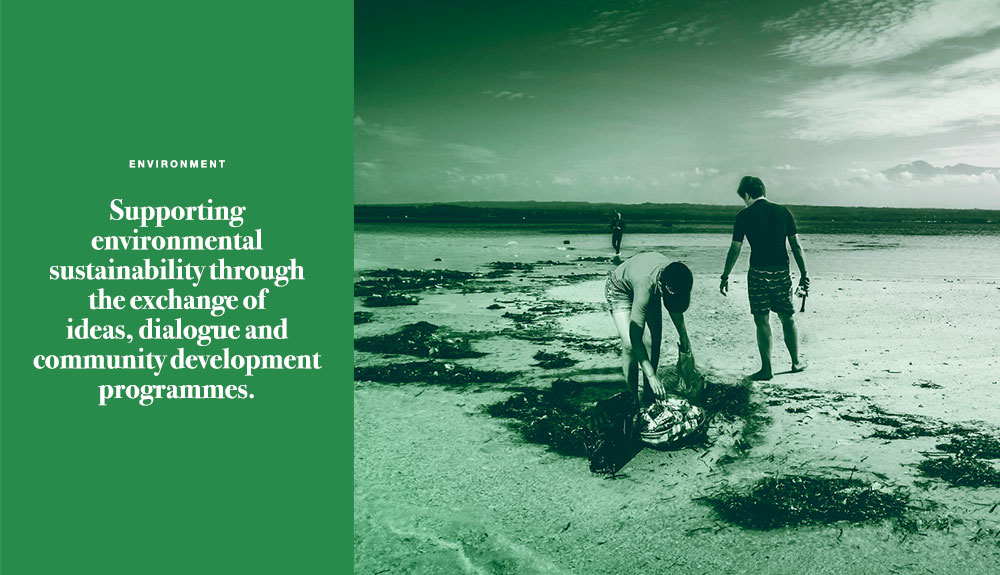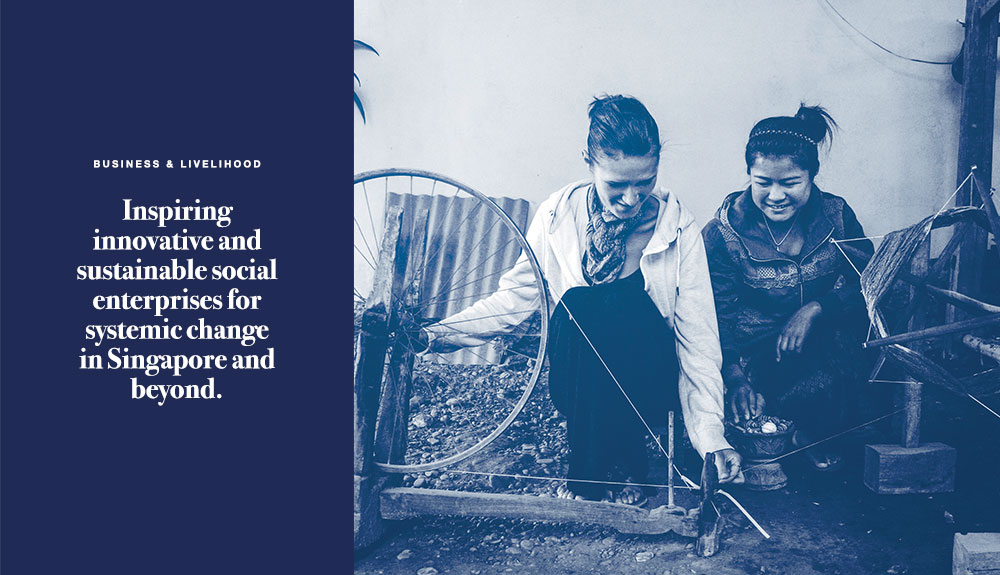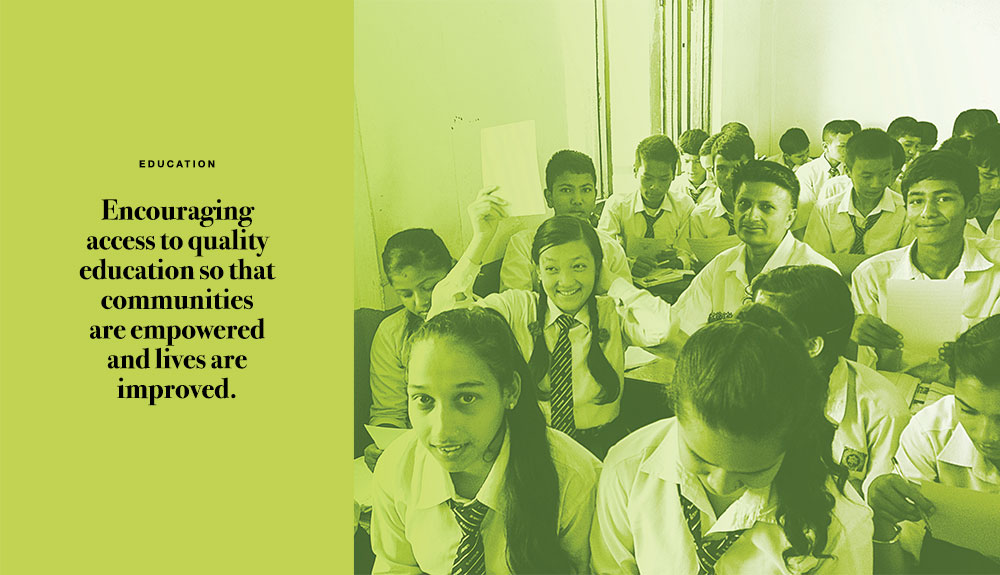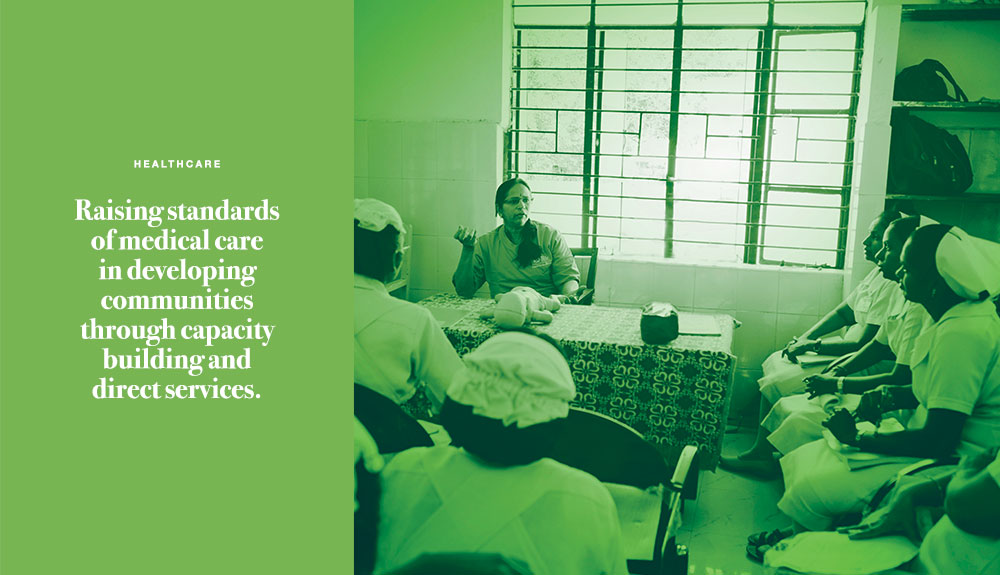
He had felt a calling to serve humanity. But David Pong, 27, thought that changing the world would come only after he retired from management consulting or banking – a career route he was planning to take after university.
Life had different ideas, however. By the time he graduated in 2014 from the National University of Singapore with a degree in business administration, he was already heading a social enterprise start-up called WateROAM, co-founded with environmental engineering students Vincent Loka and Lim Chong Tee. The team had met in 2014 through an entrepreneurship training programme in Singapore for water technology start-ups.
Pong recalls: “We realised that (as Singaporeans) we had been blessed with access to resources and education from a young age, and that it’s never too early to start giving back. So why not start a career based on a sustainable business and, at the same time, impact society?”
WateROAM works with local and international organisations to provide water filtration solutions to disaster-hit and underserved sites. For instance, as part of post-earthquake disaster relief in Nepal in 2015, its portable ROAMfilter Lite water filters, which each produces 6 litres of clean water an hour, were deployed to remote areas, benefitting 4,550 people.
For its efforts, it was one of six winning teams from the 2015 Singapore International Foundation’s Young Social Entrepreneurs (YSE) programme. As part of YSE, WateROAM went on a study trip to India.
Pong says: “The trip took us into the network of local social entrepreneurs who’ve been able to successfully understand the problems faced by communities first-hand, and provide effective solutions that can scale throughout the country. We met Mr Sanvar Oberoi, co-founder of Bombay Hemp Company, who gave us a deep understanding of how they overcame challenges moving from R&D to fundraising and commercialisation.”
Pong adds of the YSE programme: “We were also connected to the right people and mentors. Outside of the trip, we received constant reviews and support on refining our business model through the sessions we had with our mentors from (global management consulting firm) McKinsey & Company, including Andy Holley and Nirva Ghelani.”
Growing friendships while doing business
Pong’s conviction has inspired others to help WateROAM realise its vision of “a world where no one shall face prolonged thirst”. One is Jimmy Nadapdap, a senior relief coordinator with World Vision International, who connected WateROAM with World Vision Malaysia for a yearlong flood-relief consultancy project in Kelantan that ended in January 2016.
Nadapdap says: “(David is) a different type of Singaporean, thinking beyond money and career. I’m always amazed by people like him, who think about how to make a difference in others’ lives.”
Pong is fond of his friendships with the World Vision Malaysia staff. He recalls how periods of waiting for the rain to stop became impromptu guitar jamming sessions, and how the villagers in Kelantan hunted for game and shared this prized meat at lunch.
He says: “It was a reflection of how much they trust us. Our friendships help align our values and intentions before we go in to help beneficiaries. It’s not just business for us. It’s essential to leverage on one another’s strengths and support, so we can help the beneficiaries in the most efficient way.”
Creating a ripple effect
Pong says that WateROAM’s water filters have benefitted more than 15,000 people in Malaysia, Myanmar, Indonesia, Nepal, Vanuatu and Cambodia. It is also working on a pilot project that aims to train affected people to be microentrepreneurs of WateROAM products, possibly by early 2017.
“We want to work with different stakeholders and build up an ecosystem to solve problems of access to water,” he says. Its stakeholders include non-profit organisations, government officials and corporations. “We want to bring everyone together to solve this globally and accelerate this impact as fast as possible.”
Pong has zero regrets about the path he has chosen and urges those who want to make a difference to go for it: “All of us have something to give, whatever our expertise. Giving our time in any of the countries around Singapore – whether to develop infrastructure, policies or schools – can help them reach the next level of living. Changing the world is a matter of willingness rather than capability.”

